Almost seven years ago on May 23rd, 2010, the series Lost aired it’s two part finale, titled “The End Part 1” and “The End Part 2”. Like most episodes of the hugely successful show, plenty of people watched it (about 13.5 million) and plenty of people enjoyed it (the episode’s Metacritic score is a solid 74 out of 100). But if you think back to the ending of Lost, one of the most popular and influential television shows of its time, that’s not really what comes to mind, is it? Instead, thinking about the end of Lost now is more like remembering the time the golden goose of TV laid one really stinky, rotten egg. That finale sucked, didn’t it?
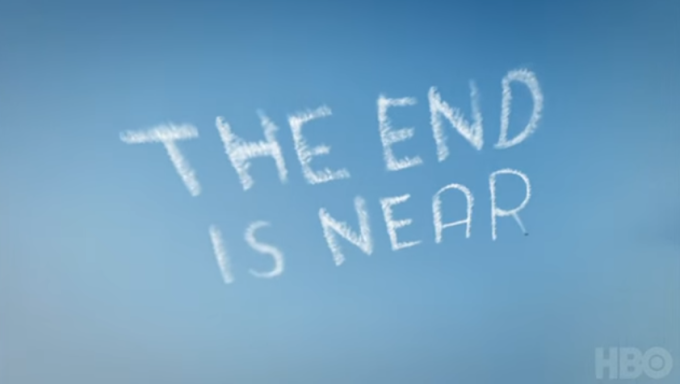
Otherwise, how did it end up on so many lists of the worst TV series finales of all time, or inspire reviews with titles like, “Lame ending proves Lost was a long con” and “The Lost Finale was Incredibly Dumb” The truth is that, years later, I can’t recall in much detail way all the different ways the Lost finale crushed my spirit (I do know a polar bear was left unaccounted for – not cool! (get it?), but, man, does that disappointment still sting.
Now all that unrest and butthurtness that Lost fans (myself included) felt had to go somewhere (thank god it was before attacking people on Twitter really became a sport), and most of it got directed at Lindelof. In what I chalk up to a testament to his storytelling powers, those fans had become so obsessed the show’s characters and their trajectories, with its mysteries and their answers, that no 104 minute wrap up would have ever made them happy. And Lindelof has been very public about how getting blamed for ruining the show has weighed on him, to the point where he finally decided to just stop talking about it, even though he knows there are corners of the internet where the inconsolable never will.
It might have seemed like Lindelof’s name would forever and foremost be linked to that feeling of great promise and then failure, except that three years ago he did something unexpected (I know I wasn’t sitting around thinking about what he’d do next) – he created one of the most ambitious and important television shows ever made, HBO’s The Leftovers.
If you’re not watching it (standard incredulousness here – go, watch it, what are you doing with your life etc), The Leftovers is a show based on Tom Perrotta’s book of the same name, both about an event called “The Sudden Departure” in which 2% of the world’s population (140 million people) vanish simultaneously for no apparent reason. The show deals with the aftermath for those left behind – the grief, anger, confusion and powerlessness felt by everyone left to deal with the loss of family and friends, spouses and children, with no answers or explanations offered to them by the universe, their leaders or their gods.
We’re already deep in Lost territory here, with huge mysteries and the lives up-ended by them, except in The Leftovers, the stakes are even higher – this isn’t one planeful of people, but the entire planet that was shaken by a horrific, anomalous event, and oh yeah by the way, the world may be coming to an end soon too, so there’s that. With so much riding on the final four episodes, should Leftovers fans be nervous about a repeat blunder from Lindelof? As strange as it sounds, I’m not a bit worried about getting to that finale in a few weeks and feeling that “WTF, but what ABOUT THE POLAR BEARS” feeling again.
With The Leftovers, the ending could answer every question it ever posed or not – maybe just give us the finger with an hour long episode where everyone’s really sane and happy – and it just wouldn’t matter like it did with Lost. Some important features set this show apart from Lindelof’s earlier creation, and as Robert Frost might say, those things make all the difference :
- It’s about so much more
I feel like one of the big mistakes Lindelof and ABC made early on with Lost was to play up how everything hinged on unraveling the mysteries that were planted in the first few episodes. It was all about finding clues and following leads and repeating that string of meaningless numbers till you just couldn’t do it anymore (poor Hurley). And some great storylines and themes that got sacrificed and pushed aside of all for the sake of pursuing the how and whys of the island. Setting up a show like that means the ending is bound to disappoint, unless Damon Lindelof had actually tapped in to some secret meaning of the universe. The Leftovers is a course correct for that overreach – the characters, their turbulent inner lives, take center stage, with the inexplicable event of The Sudden Departure only a backdrop (albeit an extremely important one) that works to magnify what is a ultimately a story of loss universal to every human on the planet.
- It’s been short and sweet
Lost clocked in at 121 episodes, compared to The Leftovers eventual 28. Keeping the seasons short and the series down to three seasons shows an amazing degree of restraint that most American shows just don’t have (learn from the British!) One factor that contributed to the Lost finale being a dud, was that, so were those last few seasons, in comparison to the first few novel ones. Dragging out the secrets and riddles of the plot made it feel like the magician you hired for your kid’s birthday party was stalling cause he couldn’t find the card he knows he put up his sleeve. A big part of ending things is right, is ending them when it’s time, and this way, if anything, The Leftovers will leave us wanting more, not wishing to got to the damn point already.
- It’s taught us to “Let the mystery be”
Nothing says it better than the sweet little song that plays over the gorgeous credits for Season 2. Over the course of it’s run, The Leftovers has asked why we’re here, why some of us stick around when others don’t and why we even try to bear the pain of it all. But it’s never promised us an easy answer, and so I won’t need one when the series finally comes to a close. As Iris Dement puts it (so much more beautifully than I ever could):
“Everybody’s wonderin’ what and where they they all came from
Everybody’s worryin’ ’bout where they’re gonna go
When the whole thing’s done
But no one knows for certain
And so it’s all the same to me
I think I’ll just let the mystery be”
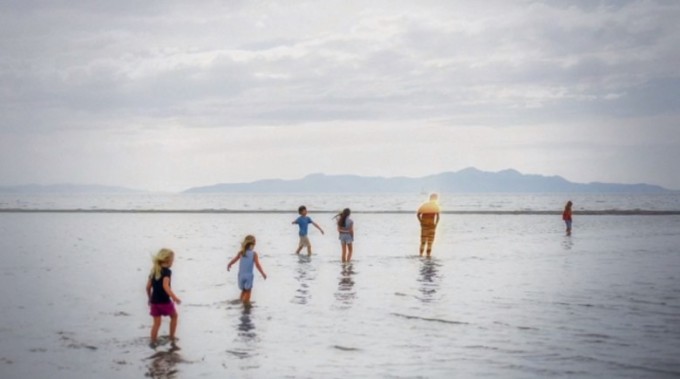

Events
Paramount+ Reveals Official Main Title Sequence for the Upcoming Series TALES OF THE TEENAGE MUTANT NINJA TURTLES
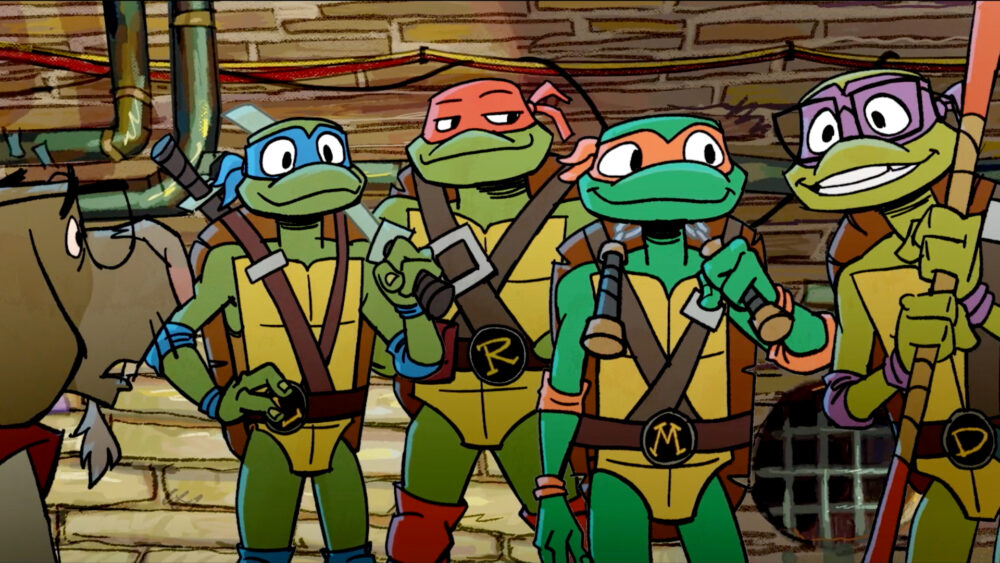
During the TALES OF THE TEENAGE MUTANT NINJA TURTLES panel earlier today at San Diego Comic Con, Paramount+ revealed the official main title sequence for the series. The sequence is composed by EMMY® nominee, Matt Mahaffey, known for his work on Sanjay and Craig, Rise of the Teenage Mutant Ninja Turtles, and Rise of the Teenage Mutant Ninja Turtles: The Movie and much more.
From the studios of the Mutant Mayhem film, the all-new Paramount+ original series TALES OF THE TEENAGE MUTANT NINJA TURTLES explores the adventures of everyone’s favorite pizza-loving heroes as they emerge from the sewers onto the streets of NYC. Leo, Raph, Donnie and Mikey are faced with new threats and team up with old allies to survive both teenage life and villains lurking in the shadows of the Big Apple. The series is produced by Nickelodeon Animation and Point Grey Pictures.
TALES OF THE TEENAGE MUTANT NINJA TURTLES is executive produced by Chris Yost (The Mandalorian, Thor: Ragnarok) and Alan Wan (Blue Eye Samurai, Rise of the Teenage Mutant Ninja Turtles, Teenage Mutant Ninja Turtles [2012 Series]). Production is overseen for Nickelodeon by Claudia Spinelli, Senior Vice President, TV Series Animation, Nickelodeon, and Nikki Price, Director of Development and Executive in Charge of Production.
In addition to the upcoming new series, stream all things Turtles on Paramount+.
Events
Comic-Con 2024: Those About to Die Activation
Events
DISNEY+ CASTS DANIEL DIEMER AS FAN-FAVORITE ‘TYSON’IN SEASON TWO OF “PERCY JACKSON AND THE OLYMPIANS”

in Hall H at San Diego Comic-Con, Rick Riordan and Disney+ revealed that Daniel Diemer (“Under the Bridge”) will star as fan-favorite cyclops “Tyson” in the epic adventure series “Percy Jackson and the Olympians.” Diemer joins Walker Scobell (Percy Jackson), Leah Sava Jeffries (Annabeth Chase) and Aryan Simhadri (Grover Underwood) as a series regular. The Disney+ Original series from Disney Branded Television and 20th Television will start filming its second season next week in Vancouver.
Season two of “Percy Jackson and the Olympians” is based on the second installment of Disney Hyperion’s best-selling book series titled “The Sea of Monsters” by award-winning author Rick Riordan. In the new season, Percy Jackson returns to Camp Half-Blood one year later to find his world turned upside down. His friendship with Annabeth is changing, he learns he has a cyclops for a brother, Grover has gone missing, and camp is under siege from the forces of Kronos. Percy’s journey to set things right will take him off the map and into the deadly Sea of Monsters, where a secret fate awaits the son of Poseidon.
Diemer stars as Tyson – a young Cyclops who grew up all alone on the streets, and finds it difficult to survive in the human world. Shy and awkward, with a heart almost as big as he is, Tyson soon discovers that Poseidon is his father, which means Percy Jackson is his half-brother… and that Tyson may have finally found a home.
Diemer recently starred in the Hulu limited series “Under the Bridge” based off the critically acclaimed book of the same name and a tragic true story of a missing teen girl in Vancouver in 1997. He will next star in the indie “Thug” opposite Liam Neeson and Ron Perlman for director Hans Petter Moland. Daniel was recently seen as the lead in the indie “Supercell” opposite Alec Baldwin and Skeet Ulrich and the lead in the film “Little Brother” opposite Phil Ettinger and JK Simmons. Daniel can also be seen in the Netflix series “The Midnight Club” and recently starred as the male lead in the breakout hit Netflix feature “The Half Of It” from producer Anthony Bregman and director Alice Wu. He is a graduate of Victoria Academy of Dramatic Arts in Vancouver.
Created by Rick Riordan and Jonathan E. Steinberg, season two of “Percy Jackson and the Olympians” is executive produced by Steinberg and Dan Shotz alongside Rick Riordan, Rebecca Riordan, Craig Silverstein, The Gotham Group’s Ellen Goldsmith-Vein, Bert Salke, The Gotham Group’s Jeremy Bell and D.J. Goldberg, James Bobin, Jim Rowe, Albert Kim, Jason Ensler and Sarah Watson.
The first season of “Percy Jackson and the Olympians” is available on Disney+
-

 Interviews1 day ago
Interviews1 day agoInterview With Heroes & Villains Creative Director Doug Johnson
-

 Streaming1 day ago
Streaming1 day agoApple TV+ announces season two for delightful kids and family series “Camp Snoopy
-

 Events1 day ago
Events1 day agoThat’s My E Coverage Of The Adult Swim’s Pirate Parrrty
-

 Events9 hours ago
Events9 hours agoParamount+ Reveals Official Main Title Sequence for the Upcoming Series TALES OF THE TEENAGE MUTANT NINJA TURTLES
-
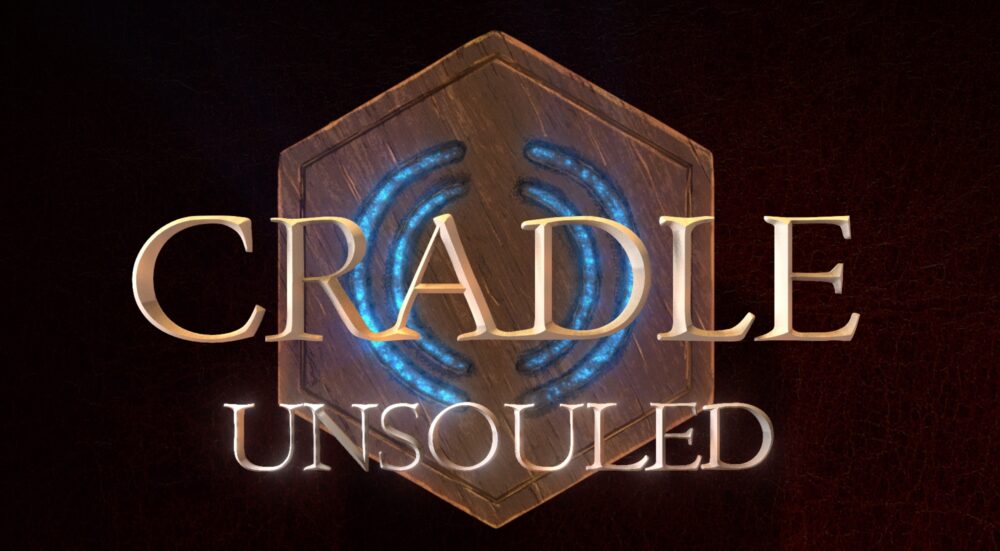
 Interviews13 hours ago
Interviews13 hours agoComic-Con 2024: Will Wight’s Cradle
-

 Events12 hours ago
Events12 hours agoDISNEY+ CASTS DANIEL DIEMER AS FAN-FAVORITE ‘TYSON’IN SEASON TWO OF “PERCY JACKSON AND THE OLYMPIANS”
-
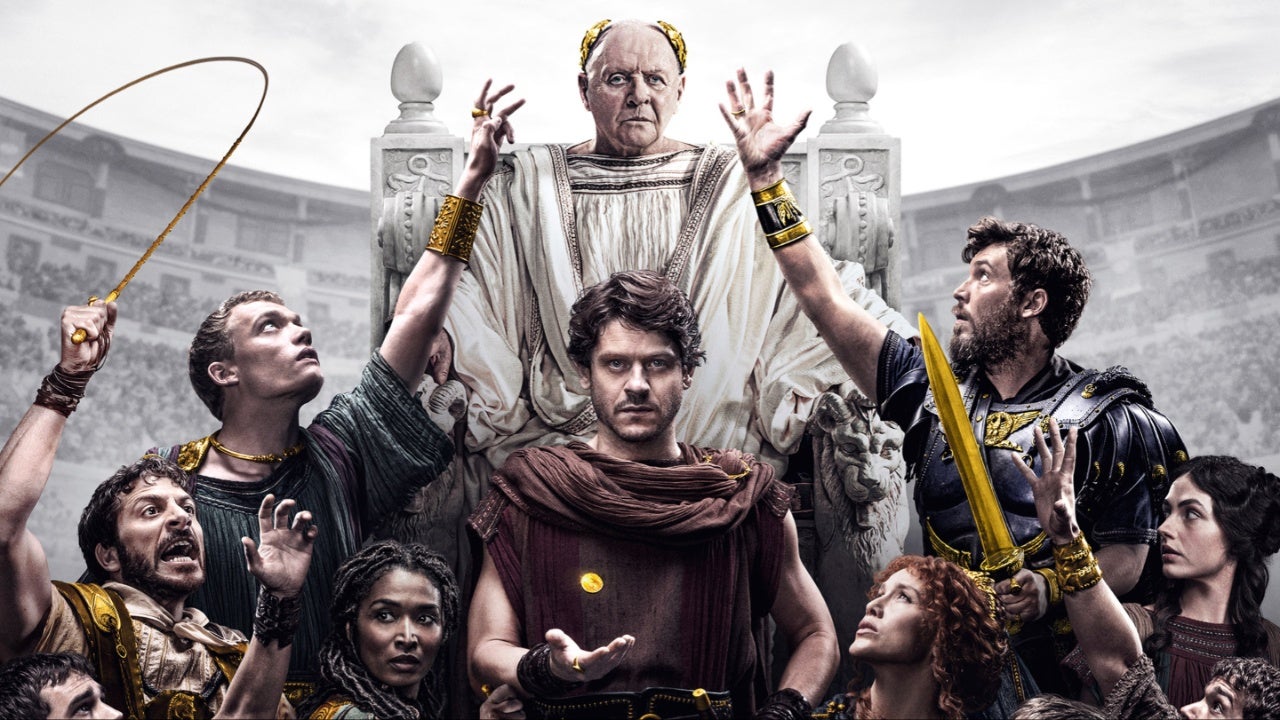
 Events12 hours ago
Events12 hours agoComic-Con 2024: Those About to Die Activation


